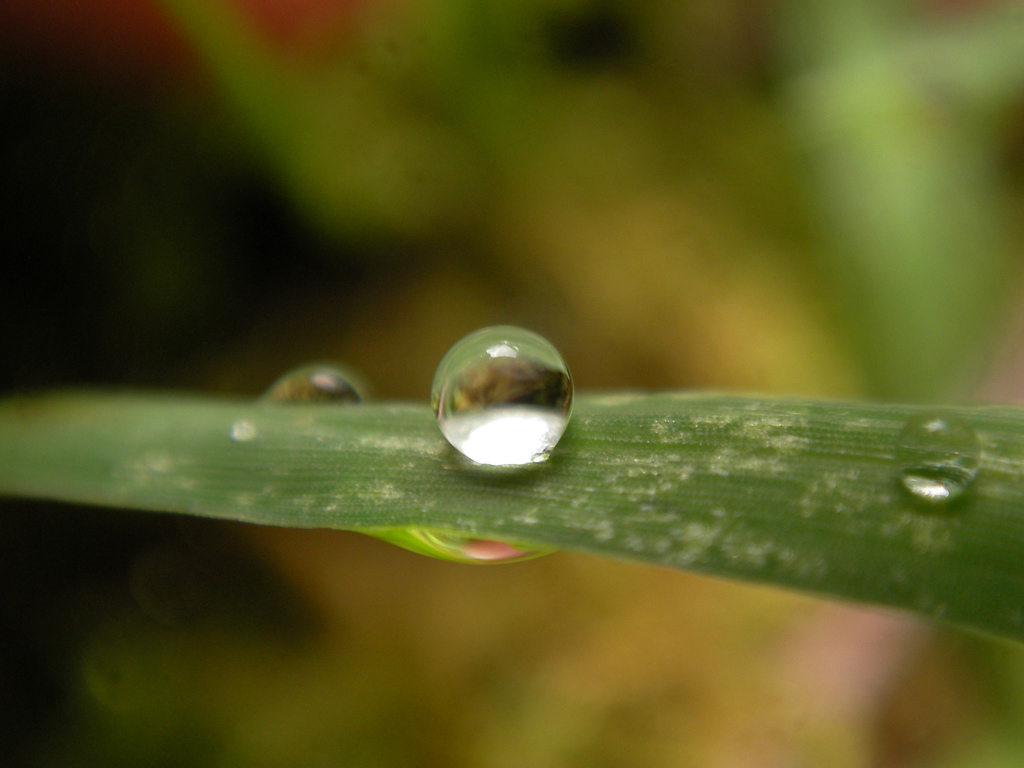(Image credit: noahbulgaria)
In 18/19th century Britain a love of nature was considered a healthy expression of Christian piety. The famous Georgian love of nature – symbolised by figures like Gilbert White and John Constable – always had this religious edge. After the Bible Nature was treated like God’s second book. Watching, recording or describing it was a spiritual experience.
I jot these few lines down to add a little context to this poem, “To a Drop of Dew”, by Rev. Henry Alford. I found this poem a few years ago and loved it but couldn’t quite get it to fit anywhere in my weather book – which is published today! – so I’ve decided to post it here instead.
“To a Drop of Dew”
Sun-begotten, ocean-born,
Sparkling in the summer morn
Underneath me as I pass
O’er the hill-top on the grass,
All among thy fellow drops
On the speary herbage tops
Round and bright and warm and still
Over all the Northern hill;
Who may be so blest as thee
Of all the sons of men that be?
Evermore thou dost behold
All the sunset bathed in gold,
Then thou listenest all night long
To the leaves’ faint undersong
From two tall dark elms, that rise
Up against the silent skies:
Evermore thou drink’st the stream
Of the chaste moon’s purest beam;
Evermore thou dost espy
Every star that twinkles by;
Till thou hearest the cock crow
From the barton far below;
Till thou seest the dawn-streak
From the Eastern night-clouds break;
Till the mighty king of light
Lifts his unsoiled visage bright,
And his speckled flocks have driven
To batten in the fields of heaven;
Then thou lightest up thy breast
With the lamp thou lovest best;
Many rays of one thou makest,
Giving three for one that talkest;
Love and constancy’s best blue
Sunny warmth of golden hue,
Glowing red, to speak thereby
Thine affections ardency: –
Thus rejoicing in his sight,
Made a creature of his light,
Thou art all content to be
Lost in his immensity;
And the best that can be said
When they ask why thou art fled,
Is, that thou art gone to share
With him the empires of the air
